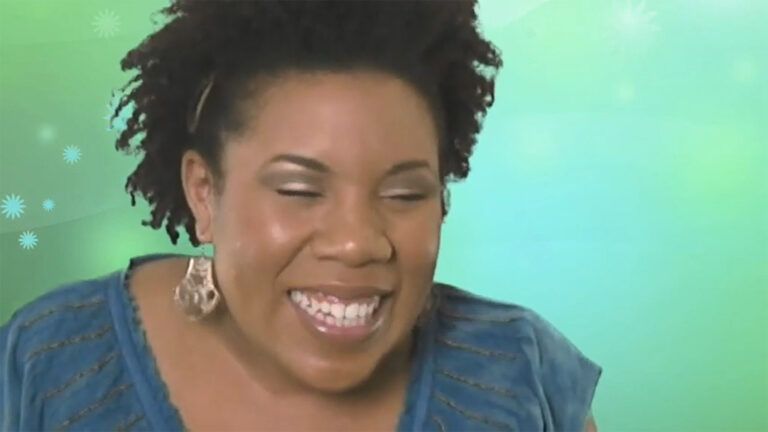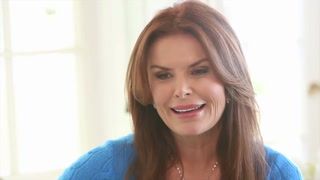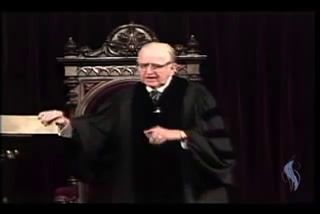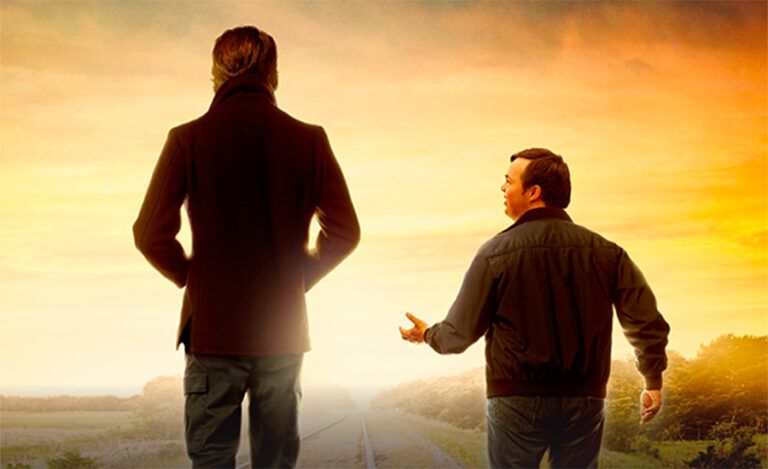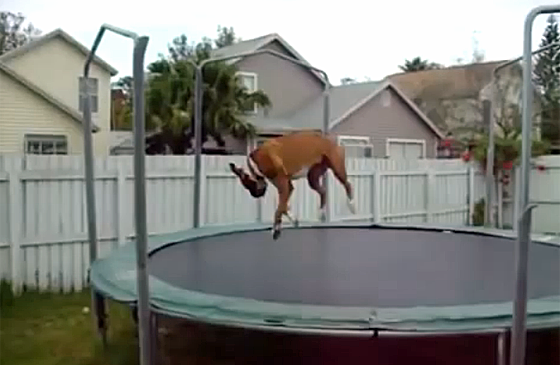
Motivational Story: Advice from Sam Bracken
The author shares the inspiring story of how he went from homeless teen to successful adult.
View Transcript
– Hi. I’m Sam Bracken, and I’m the author of “My Orange Duffel Bag, A Journey to Radical Change.”
[MUSIC PLAYING]
I tell people, growing up in my household was like a whacked-out version of “The Brady Bunch” on an episode of “Cops.” It was just really unusual. My family– really, my parents were heavy drinkers and used drugs openly. My siblings were in and out of trouble a lot. And in the environment that you’re supposed to be cared for and nurtured, it had a lot to be desired. I was exposed to unspeakable things as a child. But as a result of doing that– trying to cope with such struggles at home– I became good at a couple of things. I became good at running and football, because I was big for my age, and I loved, you now, taking out my frustrations on the football field. And I was rewarded for it, you know. They’re like, “hey, good job if you try to kill this person in front of you.”
When I was 15 years old I was homeless, and I was bouncing from school to practice to work. And everything I owned fit in this little orange duffel bag. Right. And as I’ve– as I’ve lived my life, I understand that the metaphor of a duffel bag is a fabulous metaphor. You know, we all have bad things that happen to us. And we can pack our bags with a bunch of junk and smelly things, and open it– and periodically open it– and wonder why there’s– our life’s a mess and why things stink. Or we can pack our bags with all of our hopes and dreams. It’s up to us. So I chose to– to pack my bag with hopes and dreams. And– and so that’s the reason we called it “My Orange Duffel Bag.”
The reason I was so open sharing my past with everyone was about 10 years ago, I was working as a volunteer at a prison– a full, a maximum security youth prison, where I lived. And I would– every Wednesday night and every Sunday, I would spend time with very– kids with a lot of trouble. I mean, they were in this prison for aggravated sexual assault, first degree murder, and they had a 99.5% recidivism rate. And so these kids were sort of, they’re at their last place before they spent the rest of their life in federal penitentiary.
And I worked with them for about a year. And I remember being really frustrated and saying, you know– coming home one night I said, I don’t know if I can do this volunteer work anymore, because I just don’t seem to be making an impact. In my– and I was telling this to my wife, my sweet wife, and– and she said, well, let me ask you a question, Sam. Have you have you shared with them what your past was like?
And I said, no, not really. You know, I’ve spent the first 35 years of my life packing that in a– in a back room and locking the door. She said, honey, you’re never going to get through to these kids unless you tell them what you’ve been through. So I took her advice, and I came back and I started opening up to these kids. And it was amazing the transformation that happened in my relationship with them and the common ground that we stood on, and how we were able to work through things together.
And two years later when I stopped– when I had to stop doing it– my life was never the same. And what I realized by doing that, is that everybody has a story. Everybody suffers. Everybody has pain. And oftentimes, if we take that pain that we’ve suffered, and we use it as empathy to help others, great good can come out of it.
And that was our approach to this book. You know, we wanted good to come out of it. We didn’t want to play victim. We wanted to use the suffering as a way to gain empathy and connect with people to help them change, learn, and grow regardless of their circumstances.
[MUSIC PLAYING]


